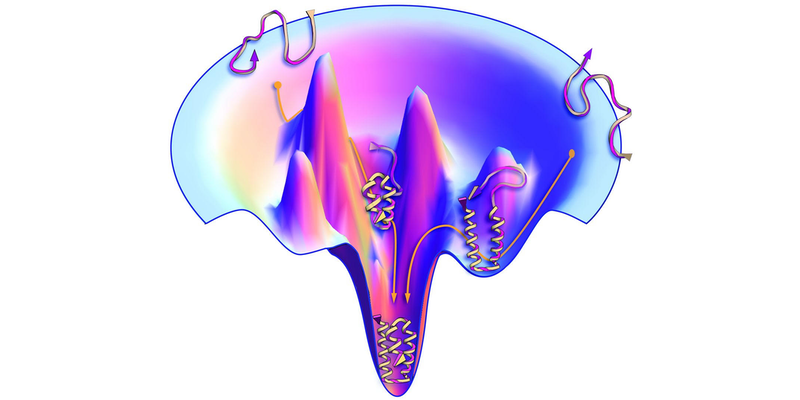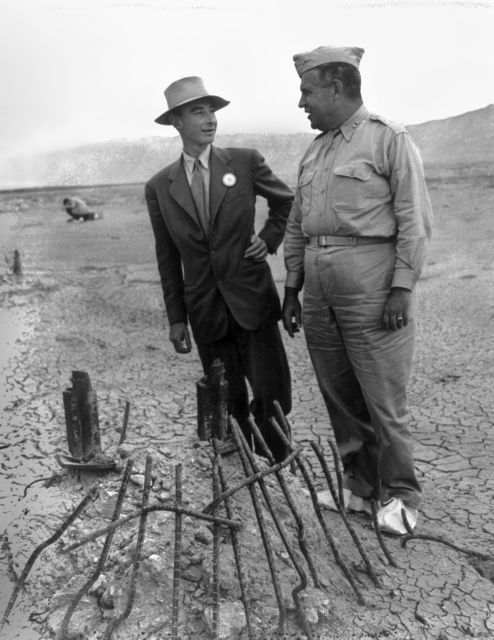Quantum dance of entangled photons captured in real-time
Dr. Alessio D'Errico, a postdoctoral fellow at the University of Ottawa and co-author of the study, highlighted the remarkable efficiency of this approach.
"This method is exponentially faster than previous techniques, requiring only minutes or seconds instead of days," D'Errico explained.
"Importantly, the detection time remains unaffected by the complexity of the system, providing a solution to the long-standing scalability challenge in projective tomography."
Implications for quantum technology
This breakthrough represents a significant achievement for academic research while holding profound implications for the future of quantum technology.
By facilitating faster and more accurate characterization of quantum states, this innovative method can propel advancements in quantum communication, quantum computing, and quantum imaging techniques.
For example, enhancing our understanding and manipulation of entangled states could pave the way for more secure communication channels and advanced computational systems that surpass the capabilities of classical computers.
Entangled photons and the quantum future
The potential applications are both vast and diverse. In the realm of quantum computing, precise control over quantum states is essential for creating algorithms capable of solving problems deemed impossible by traditional computers.
In quantum communication, secure data transmission can be realized by leveraging the unique properties of entangled particles.
Moreover, quantum imaging stands to benefit as well, offering the possibility of high-resolution imaging at previously unattainable scales and sensitivities.
This research not only addresses fundamental questions about the nature of reality at the quantum level, but it also lays the groundwork for practical applications that have the potential to transform industries and enhance our everyday lives.
The future of quantum technology looks brighter than ever, thanks to the pioneering work of brilliant scientists like Dr. Alessio D'Errico and his international collaborators.
-----
Like what you read? Subscribe to our newsletter for engaging articles, exclusive content, and the latest updates.
Check us out on EarthSnap, a free app brought to you by Eric Ralls and Earth.com.
Look Also : Quantum entanglement does, in fact, follow a rule of entropy (msn.com)
ΚΤ.Μήπως κάπου εδώ βρίσκεται η δυνατότητα διάκρισης ενός συστηματος ΤΝ από μια αυθεντική ύπαρξη?







 Κωνσταντίνος Βαγιονάκης
Κωνσταντίνος Βαγιονάκης